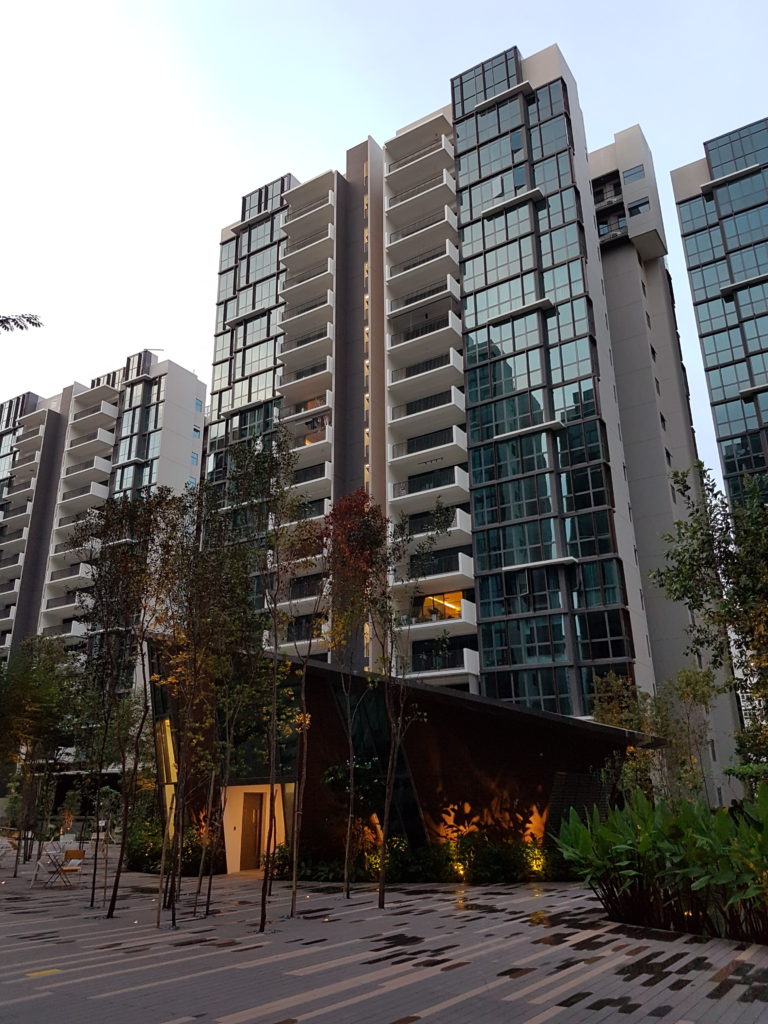Behind the Scenes of The Property Market
Ten years ago, I began my real estate journey when I just started a family. My first property was a 5-room HDB flat in Bedok. That property let me made my first pot of gold when I sold it at the peak of the 2013 property market. Back then, we had decided to downgrade to a 3-room HDB flat in Bedok. Subsequently in 2017, my family upgraded to an Executive Condominium (EC) in Punggol – The Terrace.
As I look back at my family’s financial journey, I can’t help but marvel how property had indeed played a significant part in my life’s progression. No doubt about it, if you played the game right, real estate can truly unlock value for you. As we are approaching the 5-year Minimum Occupation Period (MOP) for our EC, we are considering the next step forward. So when property blogger, Vina Ip, invited me to review her book – Behind the Scenes of The Property Market – I thought it was really god-send.
Incidentally, this is the second book review that I am doing for Vina. In 2014, I had done a review on her book “No B.S. Guide to Property Investment – Dirty Truths and Profitable Secrets to Building Wealth through Properties”.
Read More



























